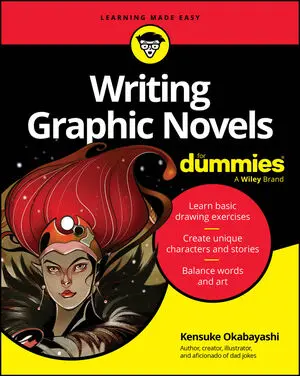When it comes to writing up your conclusions there are three main types of conclusions to steer clear off at all costs – ‘long and bad’ – ‘short and bad’ – ‘bad and fantastic'. The ‘long and bad’ conclusion is rambling and merely repeating earlier parts of the dissertation without adding anything about what your findings say about the topic being reviewed.
The ‘short and bad’ conclusion is a marginal improvement on the ‘long and bad’, wasting slightly less of the reader’s time and energy. The ‘short and bad’ is also inclined to repeat facts without coming to a conclusion, but using less words and as a result leaving out key points, making any attempt at a conclusion a piece of nonsense.
In the context of your conclusion ‘fantastic’ means ‘unbelievable’ and ‘implausible’ –definitely not ‘great’! A ‘bad and fantastic’ conclusion can simply be mind-boggling. Fantastic conclusions often make wild, exaggerated claims, unsupported by your research. These absurd conclusions make far-fetched assertions about how the results of a small-scale study should be adopted by governments or high-level policy makers.
If your conclusion is a list of unsubstantiated claims you end up undermining your research findings and losing any credit for all your hard work. Poor conclusions often appear pompous and delusional, always overblown and irritating, frequently unintentionally humorous and sometimes just plain silly. Avoid.
A successful dissertation conclusion is short and succinct. Restate the aims of your work and show how your original thoughts have been reinforced or changed through your well-planned and carefully executed research, whether your research is theoretical or practical. You then make a few suggestions on how you can improve or extend your work if you have the opportunity.
Also say something about the importance of your research question to the field you’re studying. By emphasising the importance of your research question, rather than the importance of your findings, you show that you’re aware of the limitations of your work.






